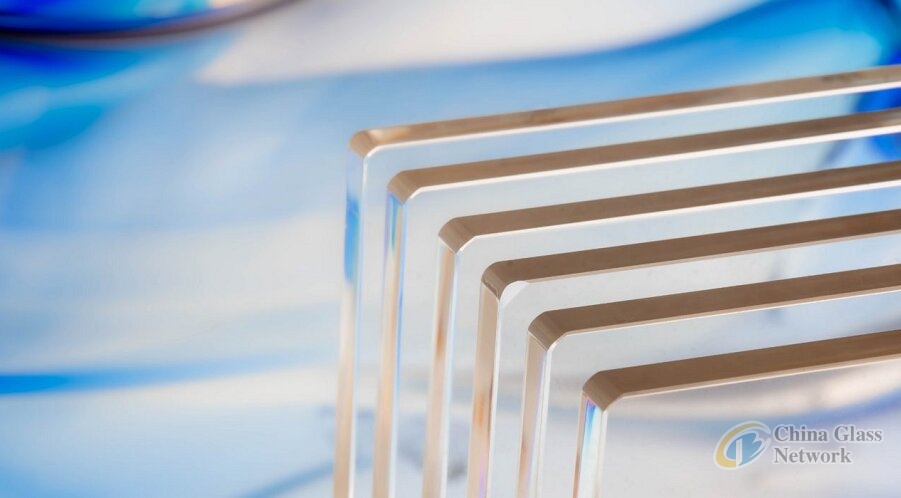Post Time:Nov 07,2024Classify:Industry NewsView:965
The European Union is launching an antitrust probe into Corning Inc., the Apple Inc. supplier that makes the glass in iPhone displays. The European Commission, the EU’s executive arm, announced the move today. It detailed that the probe focuses on a set of exclusive supply agreements Corning has inked with handset makers and glass processing providers. Officials are concerned that those contracts may harm competition.
� �
�
NYSE-listed Corning ended its most recent fiscal year with $11.3 billion in revenue. The company makes glass for a wide variety of products ranging from fiber optic cables to car windows. Its best-known offering is Gorilla Glass, a brand of electronic display glass that has shipped with billions of mobile devices since its introduction in 2008. Gorilla Glass is Corning’s version of Alkali-AS, or alkali-aluminosilicate, glass. Alkali-AS displays are ubiquitous in the mobile industry because they’re thin, can withstand falls from a height of several feet and don’t scratch as easily as competing materials. Such glass is made by fusing together silicon, aluminum and several other materials at high temperatures. Corning’s flagship Gorilla Glass goes through several additional manufacturing steps. Most notably, the company immerses its glass sheets in a pool of molten salt heated to more than 750 degrees Fahrenheit. This step embeds charged potassium atoms, or ions, into the surface of the material, which helps boost its durability. The EU’s new antitrust probe focuses on the supply agreements through which Corning sells Alkali-AS glass to mobile device makers. According to the European Commission, those contracts require device makers to source all or nearly all their Alkali-AS glass from Corning. Additionally, customers have to notify the company if they receive a competing offer and only accept the offer if it can’t match the price. The EU is also looking into a set of similar agreements that Corning has signed with a number of glass finishers. Those are companies that turn raw glass sheets into a form that can be embedded in handsets. The contracts require glass finishers to source all or nearly all their Alkali-AS supplies from Corning and avoid challenging the company’s patents in court. Corning sells multiple varieties of Alkali-AS glass that are optimized for different types of devices. The company’s mobile business also sells other materials, such as the so-called Ceramic Shield that Apple uses in its newest iPhones’ displays. Ceramic Shield is a glass variety with ceramic nanocrystals that the companies say make it tougher than standard smartphone displays. “It is very frustrating and costly experience to break a mobile phone screen,” said European Commission Executive Vice President Margrethe Vestager. “Therefore, strong competition in the production of the cover glass used to protect such devices is crucial to ensure low prices and high-quality glass.” “Corning has and will continue to be committed to compliance with all applicable rules and regulations where it does business,” the company said in a statement. “As part of that commitment, we work with local regulatory authorities to ensure open discussion and cooperation.” A company that is found to breach EU competition rules can face fines equal to up to 10% of its annual revenue. Antitrust officials may also order changes to its business practices.
Source: https://siliconangle.com/Author: shangyi